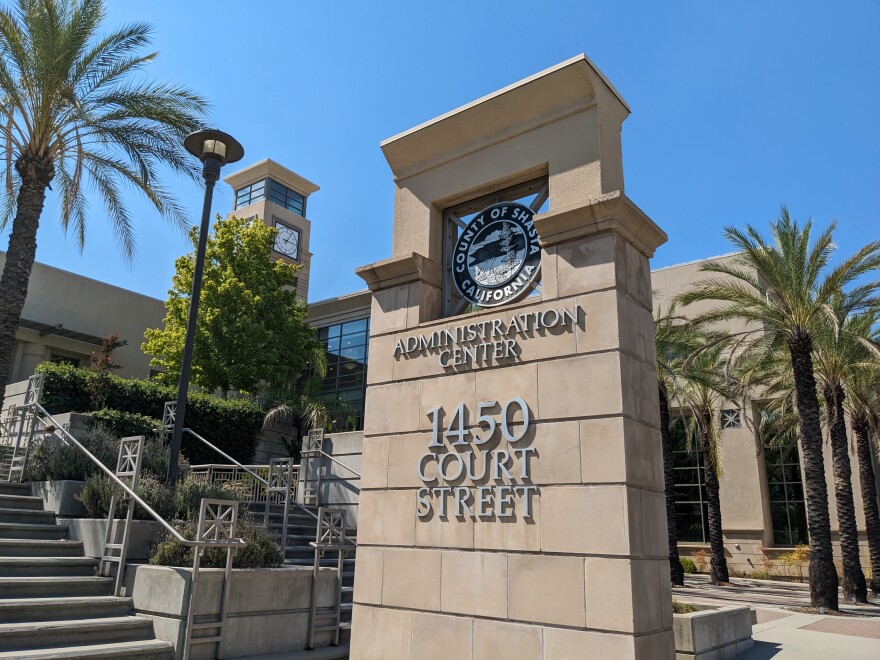The county clerk originally asked Shasta County supervisors for $2.5 million to overhaul how elections are run. But the final amount approved was reduced to just under $140,000, enough to buy three additional ballot-counting machines and cameras to livestream the process.
Shasta County Clerk Clint Curtis said the pared-down plan means he won’t be able to accomplish some goals, such as waiting to count mail-in ballots until election night.
“We wanted to actually have it where we counted all the ballots on election night," he said. "But we don't have the tabulators for that. That would take days and days and days.”
The new funding brings the county's total number of ballot counting machines to six.
County Supervisor Matt Plummer was cautious about spending a lot of money on the project but said he came around after it was refined over the last few months.
“That gives you a fair chance to demonstrate this to the public, and then the public will have a chance to kind of give you feedback on that next June," he said.
Curtis is up for election next June. Former deputy clerk Joanna Francescut, whom he fired shortly after his appointment in April, also plans to run.
Curtis has never run an election. But he’s seeking to increase transparency with cameras and wants to reduce the role machines play in ballot counting. The funding approved by county supervisors allows for a scaled-back version of what he wants to do.
This funding was approved just six weeks before the November election. Ballots begin going out on Oct. 6.



